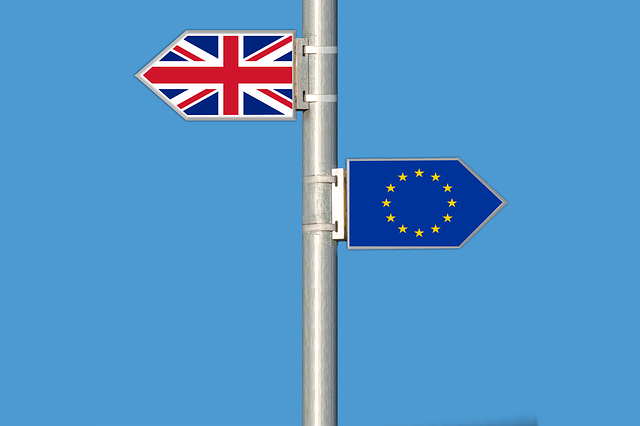Politicians are adept to managing short-term crises. Throw some media attention on a city’s failing water supply or a town destroyed by a flood and political leaders will respond with a photo op, some emergency funding, and maybe a new piece of legislation. Trends that last a couple of years, such as online distribution of music and films, might result in a new piece of legislation, like the Digital Millennium Copyright Act 1 in the US. This is a good thing; life changes quickly, new technologies come and go, natural disasters happen, and laws and policies need to keep up. Legislatures and political structures are set up exactly so that there is a methodology for dealing with life’s changes. And it is rare that something happens that could alter how these structures need to work. A violent revolution, national secession, or otherwise the creation of a new nation would demand that such structures be invented or re-invented to meet the needs of future generations. It is even more rare that such events happen without widespread violence. Brexit is one such “even more rare” event and it’s incredibly exciting. The proper answer to such an event is a Constitutional Convention.
The simplicity of the Leave/Remain referendum bellied the complexity of the resulting changes to constitutional law. One example made famous in the media was the Supreme Court case considering whether the UK Government could even enact Brexit (id est, trigger Article 50 to withdrawal from the European Union) without the consent of Parliament 2. But numerous other examples remain: laws within the UK about competition, labour & employment, food safety, and many others 3. These may seem like nothing more than a large volume of routine legal changes. But Brexit does not ask just for new employment and food safety regulations. It changes who has the power to make such decisions and how. When the UK entered the EEC (as it was called at the time) in 1972, Parliament granted the European Commission authority on these matters. European law became the de facto prevailing law of the UK, and the European Court of Justice held jurisdiction in any matters where the EU has competency 4. EU directives - which then affected UK Law - were the result of the deliberations of either a directly elected body or a body appointed by directly elected heads of government (the EU Parliament or European Commission, respectively) 5. But Brexit requires this decision-making process to be changed, and, because of tight legal deadlines, there is little time to debate what a new structure would look like. This was evident even in the debate around the first “constitutional act” related to Brexit: The European Union (Withdrawal) Act 2018. The Act caused much controversy for giving government ministers new powers to implement regulation (secondary legislation) and other orders without any democratic deliberation 6. Such constitutional debates – about who has what powers and how they may use them – are manifold in Brexit. And that is before considering issues about national borders or who is allowed to live in the UK.
Yet the United Kingdom has a history of playing fast and loose with its constitution. It prides itself on having an uncodified, unwritten “constitution” based on convention, tradition, precedent, important legislation, and a handful of authoritative sources. The UK itself is a patchwork of different countries, so many think it is fitting that its “constitution” is a patchwork of different ideas, leaving political leaders free to improvise and manoeuvre as the situation demands. Witness the changes to the House of Lords throughout the 20th century. In 1911 Parliament passed the Parliament Act - a change to constitutional law - to limit the powers of the unelected House after a series of major political disagreements. The British political system was able to execute such an amendment via Parliament in response to several chronic conditions: the growth of a Liberal-led welfare system, unrest in Ireland, multiple general elections, et cetera 7. But Brexit is an acute change that demands answers in a matter of months, not years, and these answers must be reached in a democratic, deliberative process. A Constitutional Convention meets those requirements, and it need not challenge the tradition of an uncodified constitution. It could be limited in scope to Brexit: the withdrawal deal and future trade relations. Thus it would not codify the UK constitution. It would be another manoeuvre to fit the political demands of the situation.
